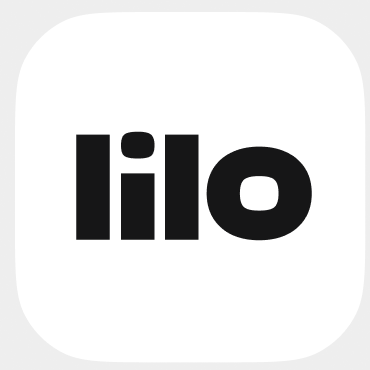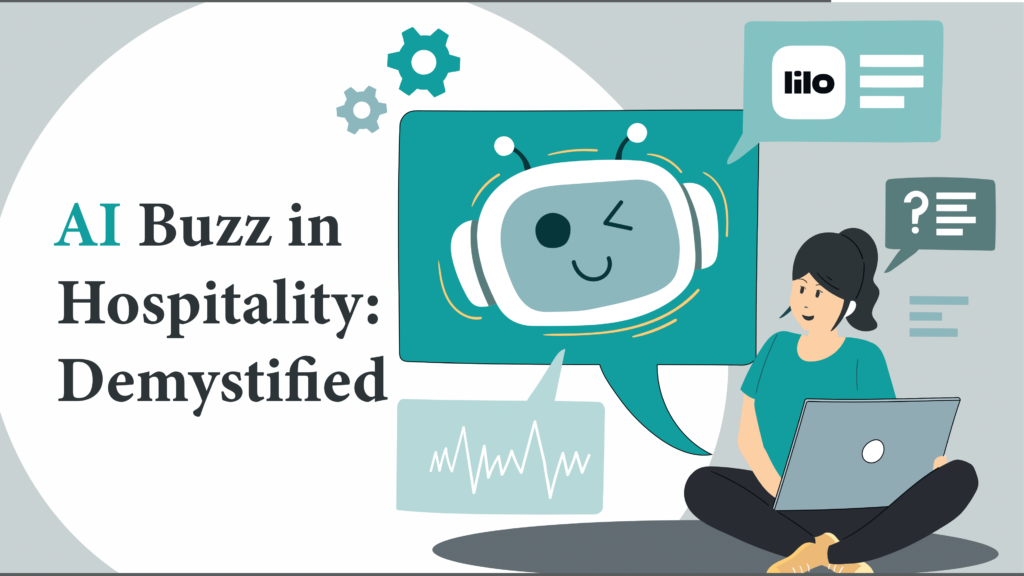The hospitality industry isn’t just dabbling in AI here and there. Many hotels are now going all in.
With the help of open application programming interfaces (APIs) and plug-in marketplaces, hotels can now test out new hospitality AI technologies faster and cheaper than ever before.
It’s like a high-speed innovation highway, where hotels can quickly figure out what works and what doesn’t, without breaking the bank.
Here are the seven most frequently asked questions about AI in hotel operations.
1. Will AI Replace Hotel Staff?
It’s unlikely.
AI use cases in hospitality are not designed to replace hotel staff, but rather to augment their capabilities. AI can handle repetitive tasks well and free up staff to focus on providing personalized service.
2. What Does the Future Hold for AI in Hospitality in 2024?
According to the American Hotel & Lodging Association’s (AHLA) 2024 State of the Industry Report, hotels will increasingly turn to AI solutions that enhance guest experiences, simplify operational tasks, and improve overall efficiency.
More hotels will utilize AI-driven automation to lighten the load for their hardworking staff.
When hotels automate repetitive tasks like booking, check-in, housekeeping scheduling, procurement, data entry, etc., AI frees up valuable time for employees to focus on more valuable tasks.
3. What are Guests’ Perceptions of AI in Hotels?
According to a recent report, guests generally find hospitality AI chatbots helpful for simple inquiries but prefer human interaction for more complex requests. Guests in many hotels now use AI to obtain Wi-Fi passwords, schedule wake-up calls, check hotel facility hours, or order room service. Most travelers feel that AI simplifies their hotel booking and improves stay experiences.
4. Can AI Help Hotels Save Money?
Yes.
AI-driven applications can help hotels cut costs in many ways.
Take Lilo, for instance, an AI-driven procurement platform that can slash hotel purchase costs by up to 30%.
Similarly, housekeeping scheduling apps can help optimize minutes per room (MPR) and AI chatbots can reduce the need for support staff to handle bookings, check-ins, and guest FAQs.
5. How Can Hotels Get Started With AI?
There are several ways hotels can begin incorporating AI into their operations:
- Start with proven AI solutions: Look for AI-powered chatbots, procurement solutions, operations tools, and proven use cases that can be integrated easily.
- Invest in employee training: Equip your staff with the knowledge and skills they need to work with AI systems.
- Partner with AI solution providers: Find companies that specialize in AI solutions to access expertise and resources.
- Focus on guest experience and cost saving: Prioritize guest needs, process efficiency, and cost savings. Take the time to carefully assess which specific area of your property would benefit most from AI integration.
6. How Can AI Impact the Hotel Industry’s Economy?
AI’s projected impact on the economy is substantial, with estimates by Accenture and PwC suggesting it could double annual economic growth rates and add trillions to the global economy by 2030.
7. Do Luxury and Budget Hotels Utilize AI Differently?
While AI can benefit both luxury and budget hotels, the specific applications might differ as per a recent Deloitte report. In luxury establishments, for example, AI often serves to complement rather than replace human interaction. Budget hotels, on the other hand, tend to prioritize functional efficiency when they consider AI applications.


